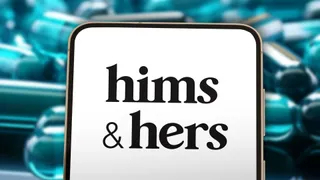
USITC: a powerful forum for biologics patent owners
For manufacturers of biologics and biosimilars, the Biologics Price Competition and Innovation Act (BPCIA) imposes a complex statutory scheme that restricts the timing and control of patent litigation in district court. Biosimilar applicants who find themselves on the receiving end of a potential patent infringement complaint in district court have the advantage of (and have utilised) patent challenges at the Patent Trial and Appeal Board (PTAB).
Already registered?
Login to your account
If you don't have a login or your access has expired, you will need to purchase a subscription to gain access to this article, including all our online content.
For more information on individual annual subscriptions for full paid access and corporate subscription options please contact us.
To request a FREE 2-week trial subscription, please signup.
NOTE - this can take up to 48hrs to be approved.
For multi-user price options, or to check if your company has an existing subscription that we can add you to for FREE, please email Adrian Tapping at atapping@newtonmedia.co.uk

